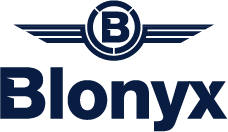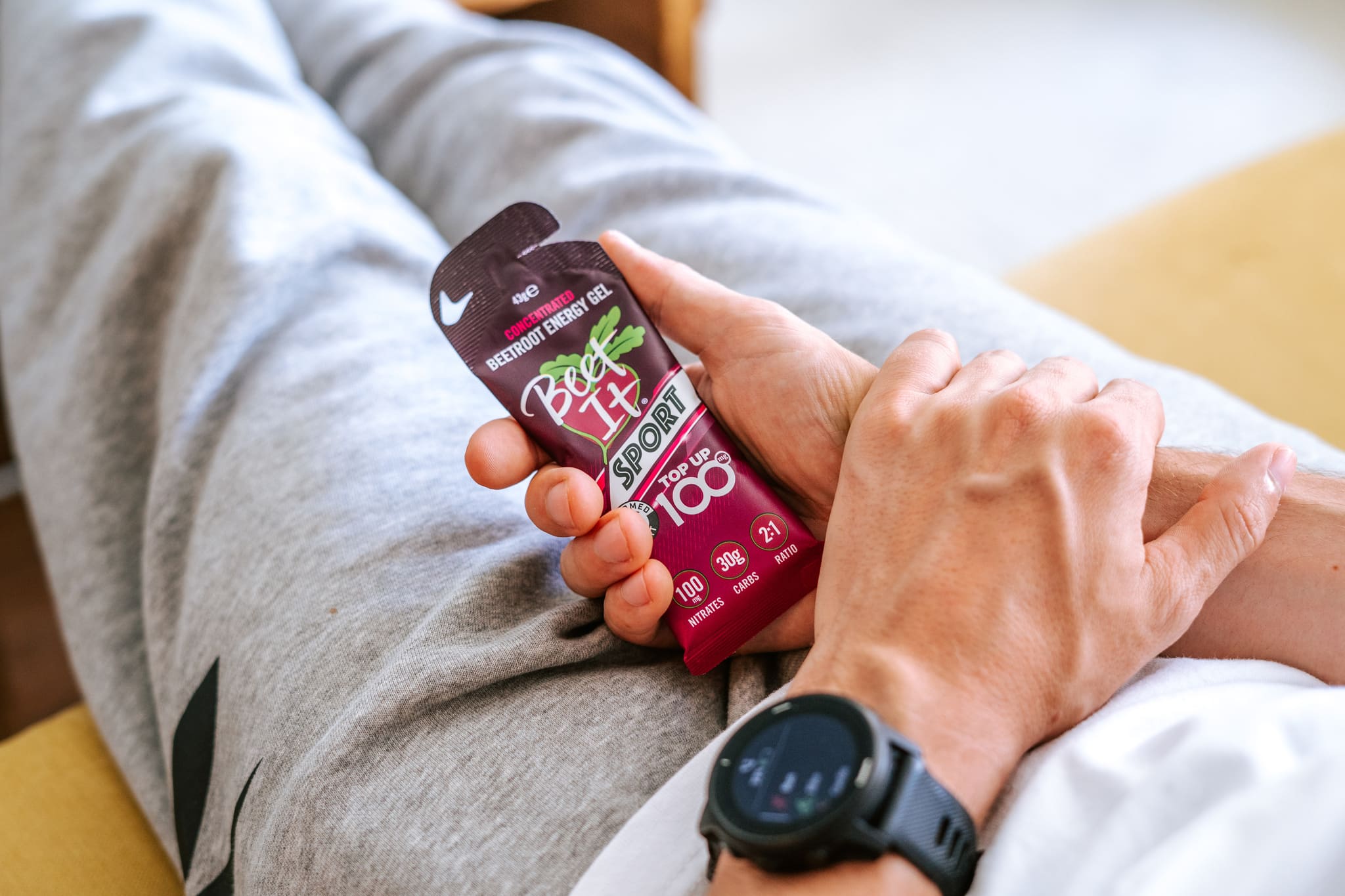Welcome to my weekly summary of the latest research from the world of sports science!
This week’s sports science research roundup explores the ways in which carbohydrate metabolism differs between the liver and muscles, baking soda’s proven (but messy) performance boost for CrossFitters, and the impact of supplements creatine, beta-alanine, and bicarbonate for competitive swimmers—read on.
Carbs Restore Liver Glycogen Faster than Muscle Stores

This study tracked how quickly glycogen returns to the liver and muscles after exercise when athletes eat carbohydrates. Twelve well-trained male cyclists completed a glycogen-depleting ride, then either fasted or consumed about 10g of carbohydrate per kg of body mass during recovery. While carbs helped liver glycogen rebound fully within about 6 hours, muscle glycogen recovered much more slowly, reaching only partial levels after 12 hours. The study didn’t measure how long full muscle recovery takes, but it’s clearly well behind the liver.
My thoughts: What’s interesting here is that while liver glycogen is restored quickly (within 6 hours if you eat carbs), the muscles take a lot longer to recharge—so keep this in mind when stacking multiple training sessions in quick succession. It’s a shame the study doesn’t give a clear timeline on how long full muscle recovery actually takes, though.
Baking Soda Improves CrossFit Performance but Upsets Stomachs

This study tested sodium bicarbonate (commonly known as baking soda), sodium citrate, and their combination in trained female CrossFit athletes. Participants did cycling intervals and a barbell thruster test under each condition, with researchers tracking time to exhaustion, total reps, blood pH, and gut side effects. Sodium bicarbonate and sodium citrate both increased time to exhaustion and total reps—but sodium bicarbonate had a stronger effect. Unfortunately, it also led to more stomach upset in some athletes. The combined supplement offered no additional benefit over bicarbonate alone.
My thoughts: Sodium bicarbonate does exactly what it should—buffers lactic acid and increases time to exhaustion in workouts like CrossFit. But it’s not without downsides. Stomach issues were common, so test it in training, not on the day of a competition. It’s worth trying, just maybe not too far from a toilet. For an alternate lactic acid buffer that won’t leave you with stomach issues, try Blonyx Beta Alanine.
Swimmers Benefit from Creatine Supplementation

This study looked at sports supplements in competitive swimmers, from 25m sprints to 800m efforts. Researchers found that creatine improved swim performance—especially in short races and interval training—making it especially useful for events that require repeated bursts of high-intensity effort. Several studies also found that beta-alanine and sodium bicarbonate improved performance in 50–200m repeats, with the greatest benefit seen when the two were combined. Pairing creatine and sodium bicarbonate was also shown to enhance interval training adaptations by improving energy turnover and buffering fatigue. For swimmers, creatine is a good base, while buffering strategies like beta-alanine or sodium bicarbonate can provide an extra edge in tough interval blocks—though sodium bicarbonate must be managed carefully to avoid gastrointestinal side effects.
My thoughts: Working with swimmers recently, I was surprised by how many regularly take creatine. While supplements like sodium bicarbonate and beta-alanine seem more suited for shorter swims, creatine's ability to increase muscle water content might actually benefit swimmers while also increasing overall stroke power.
That’s all for this week! If you learned something new and are curious to know more, head over to the Blonyx Blog or my growing list of weekly research summaries where I help you further improve your athletic performance by keeping you up to date on the latest findings from the world of sports science.
– Train hard!
Looking for more ways to keep up with Blonyx?
Now, you can join the Blonyx Strava Club to track your progress, share training tips, and connect with athletes who share your athletic ambition.
You can also follow us on Instagram and Facebook for additional sports science information, announcements, exciting giveaways, and more!

